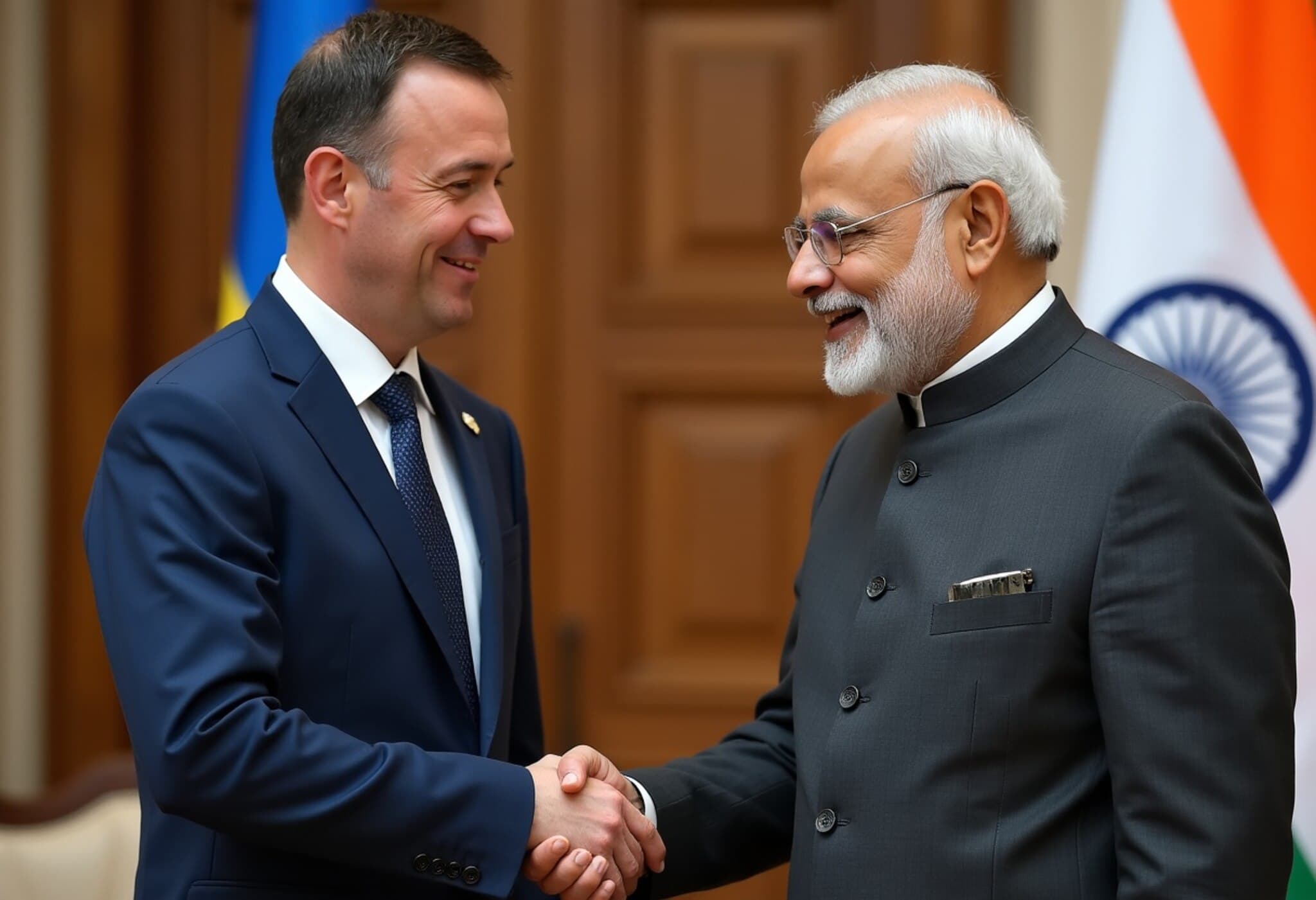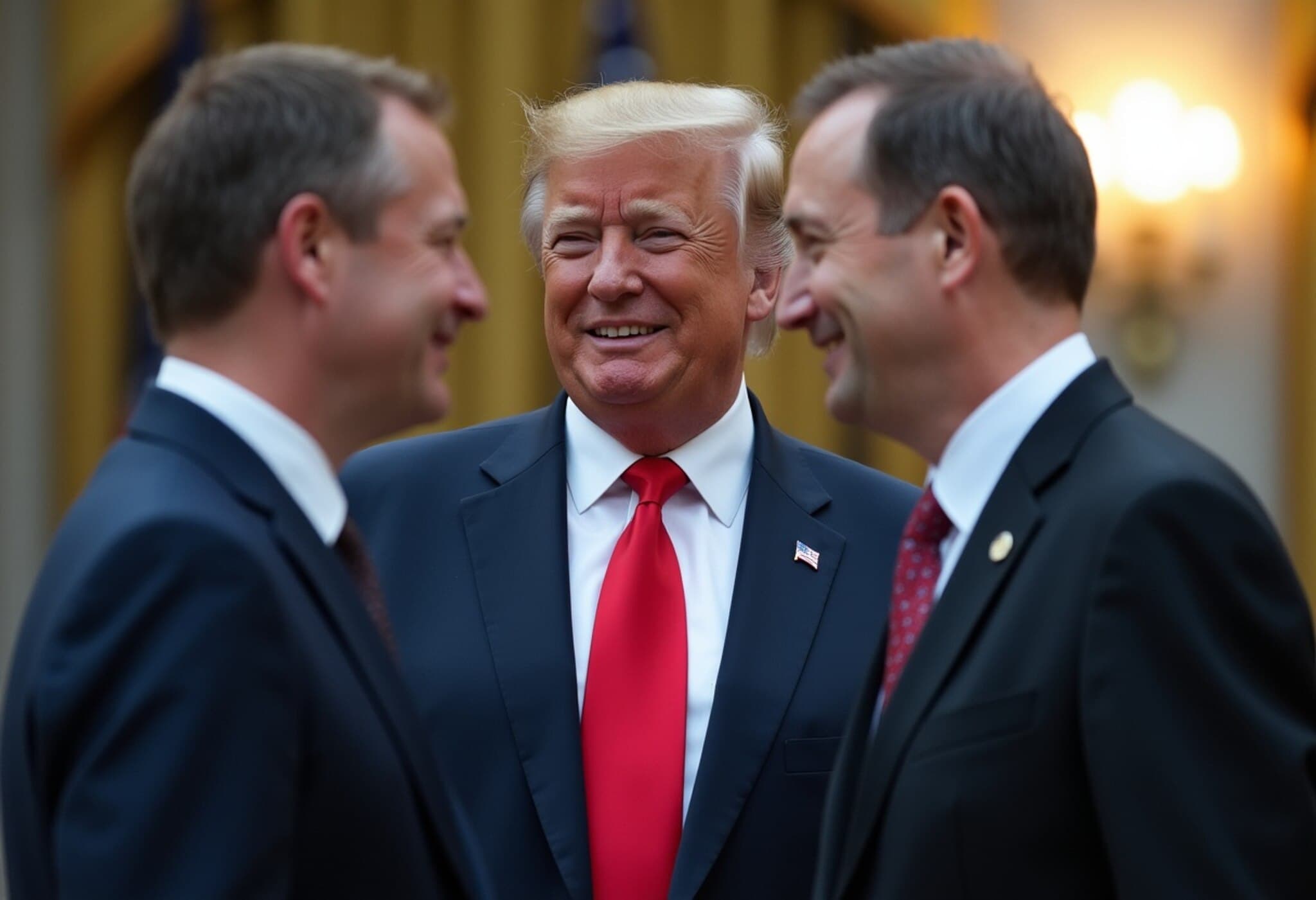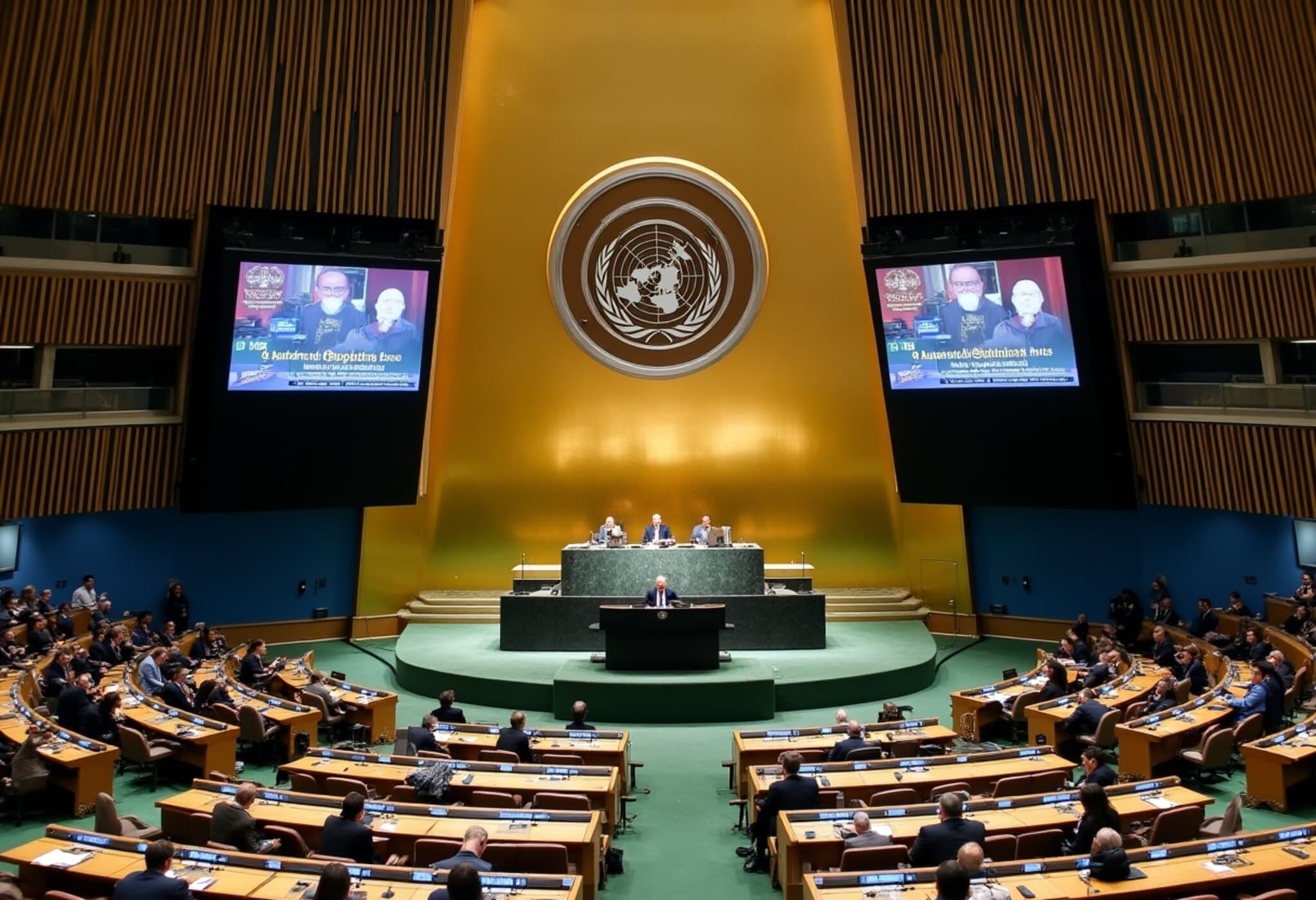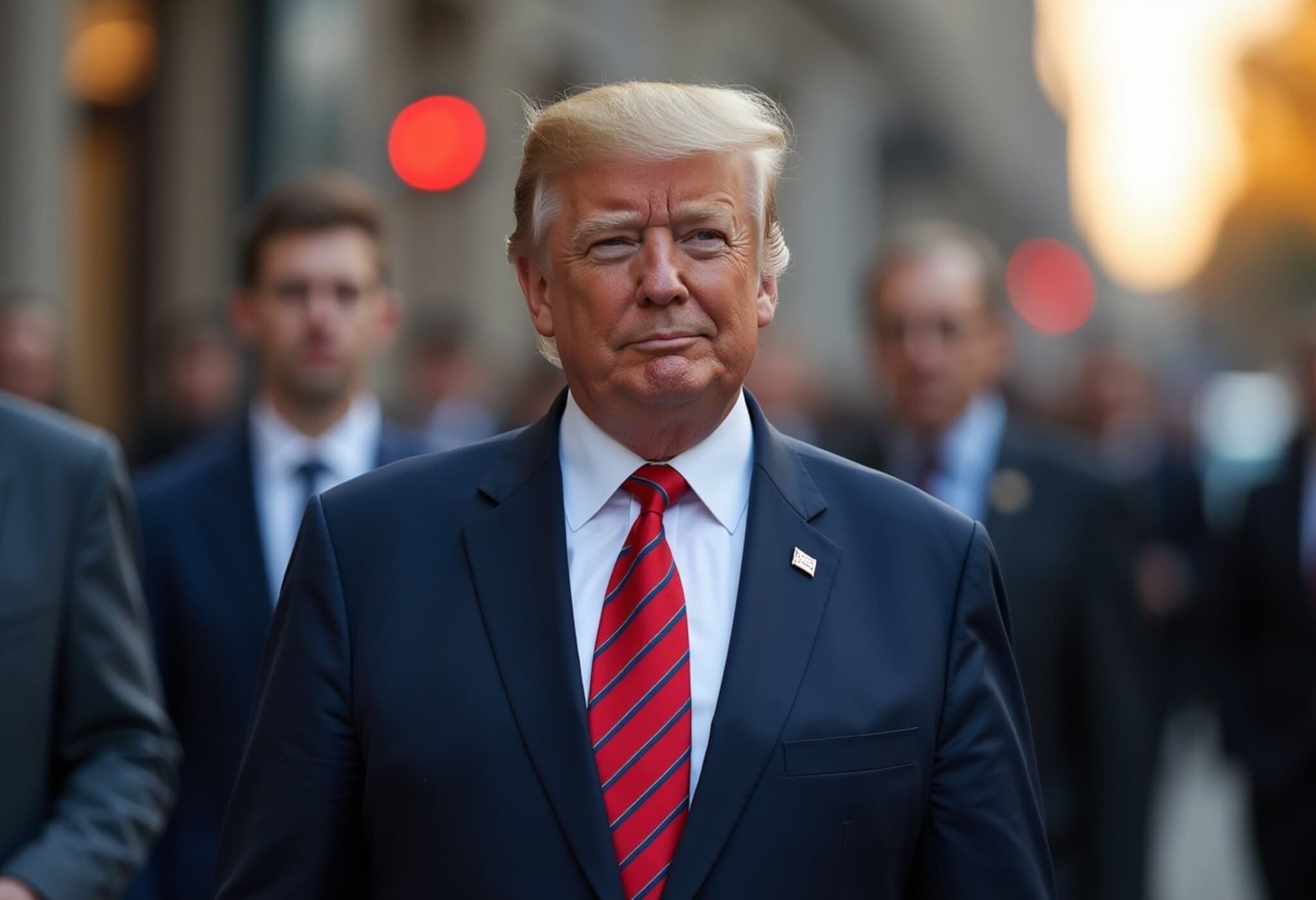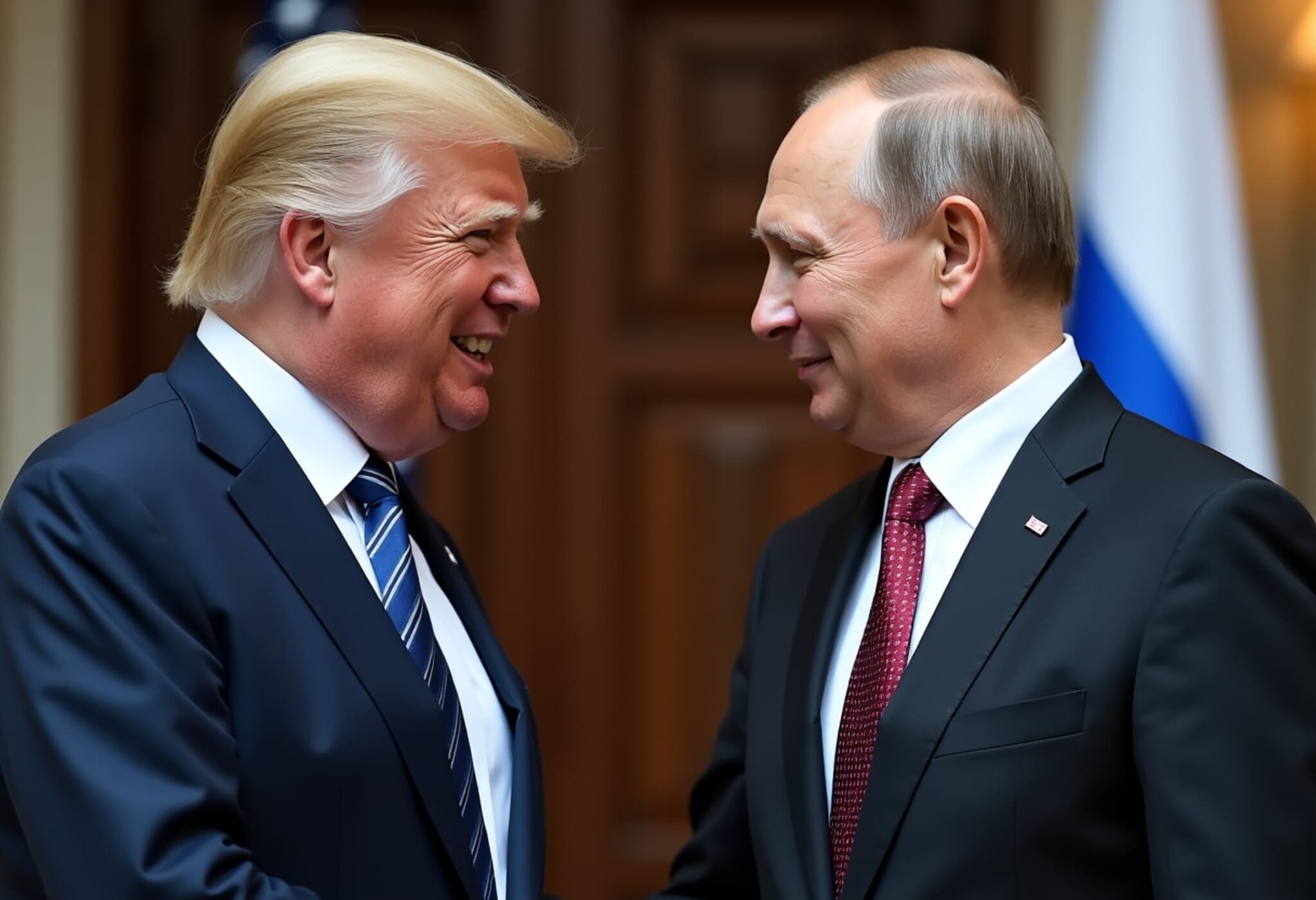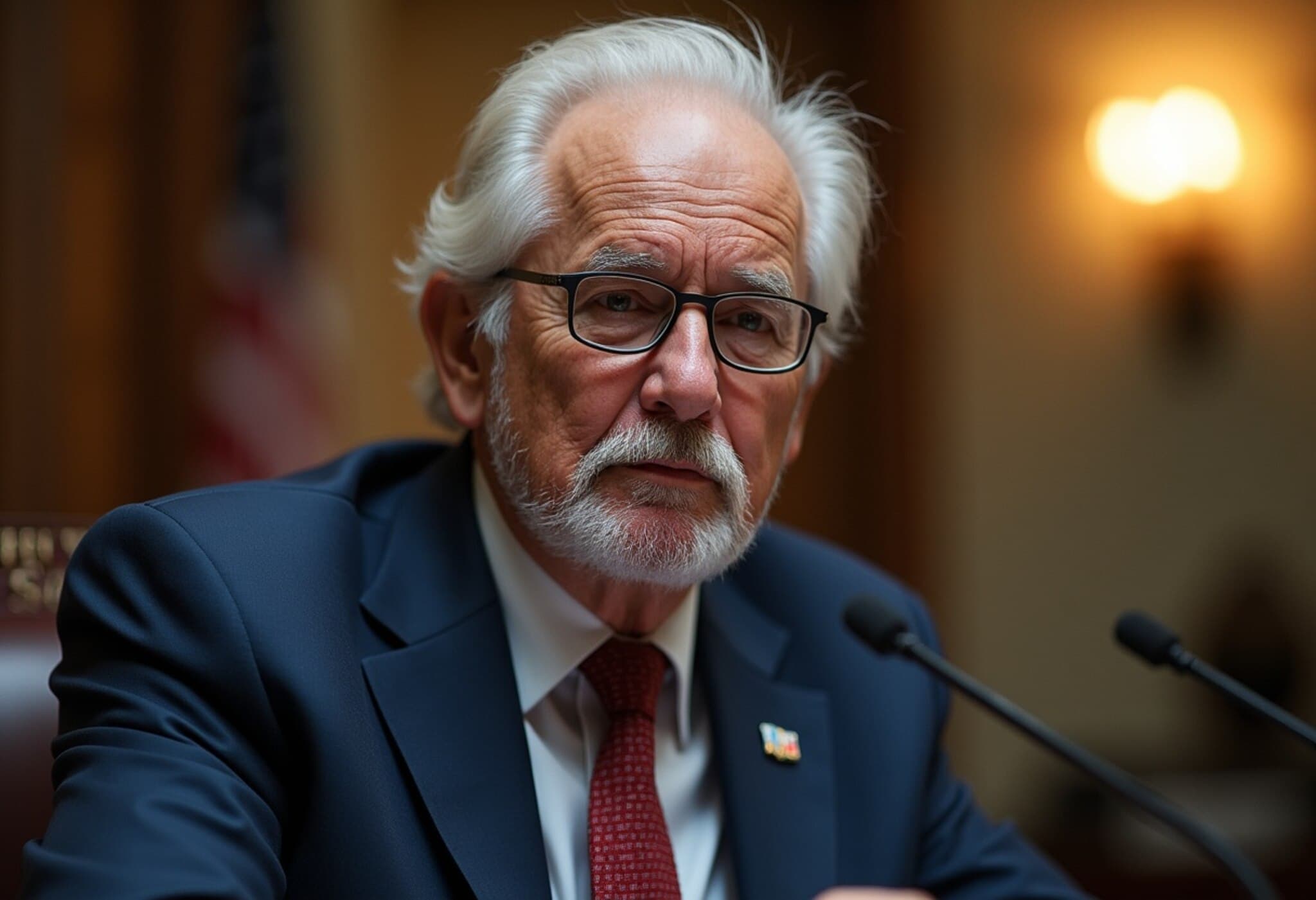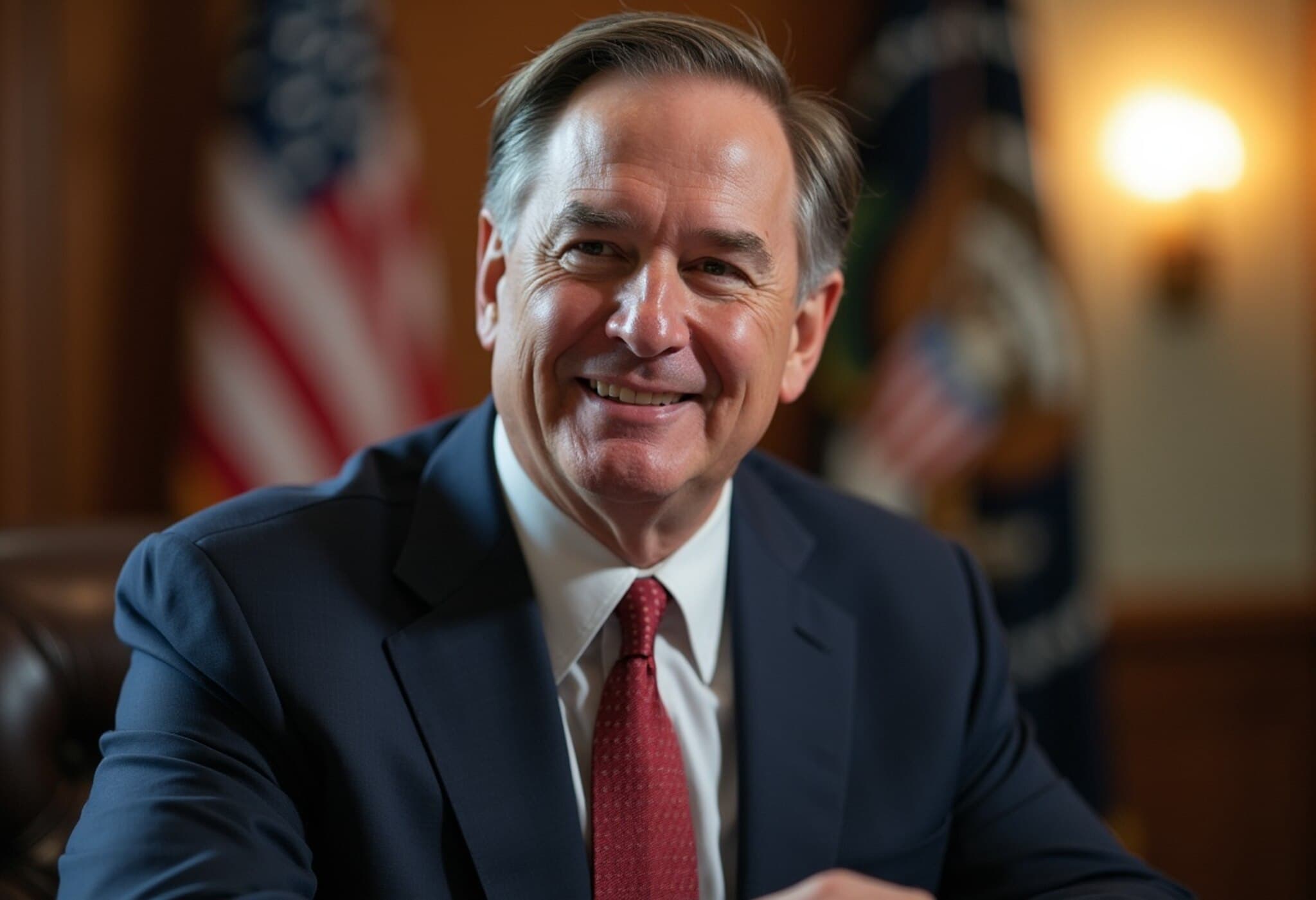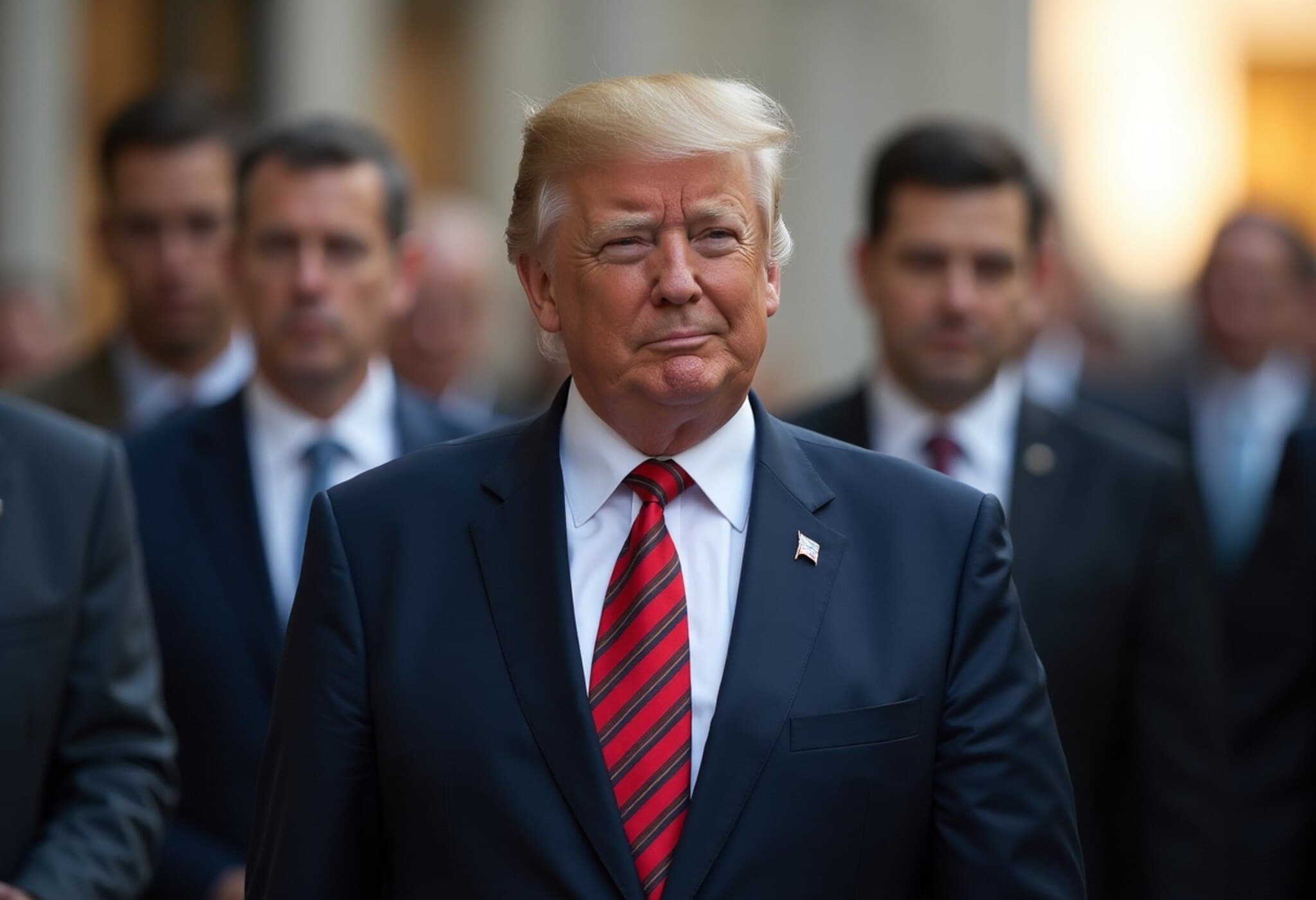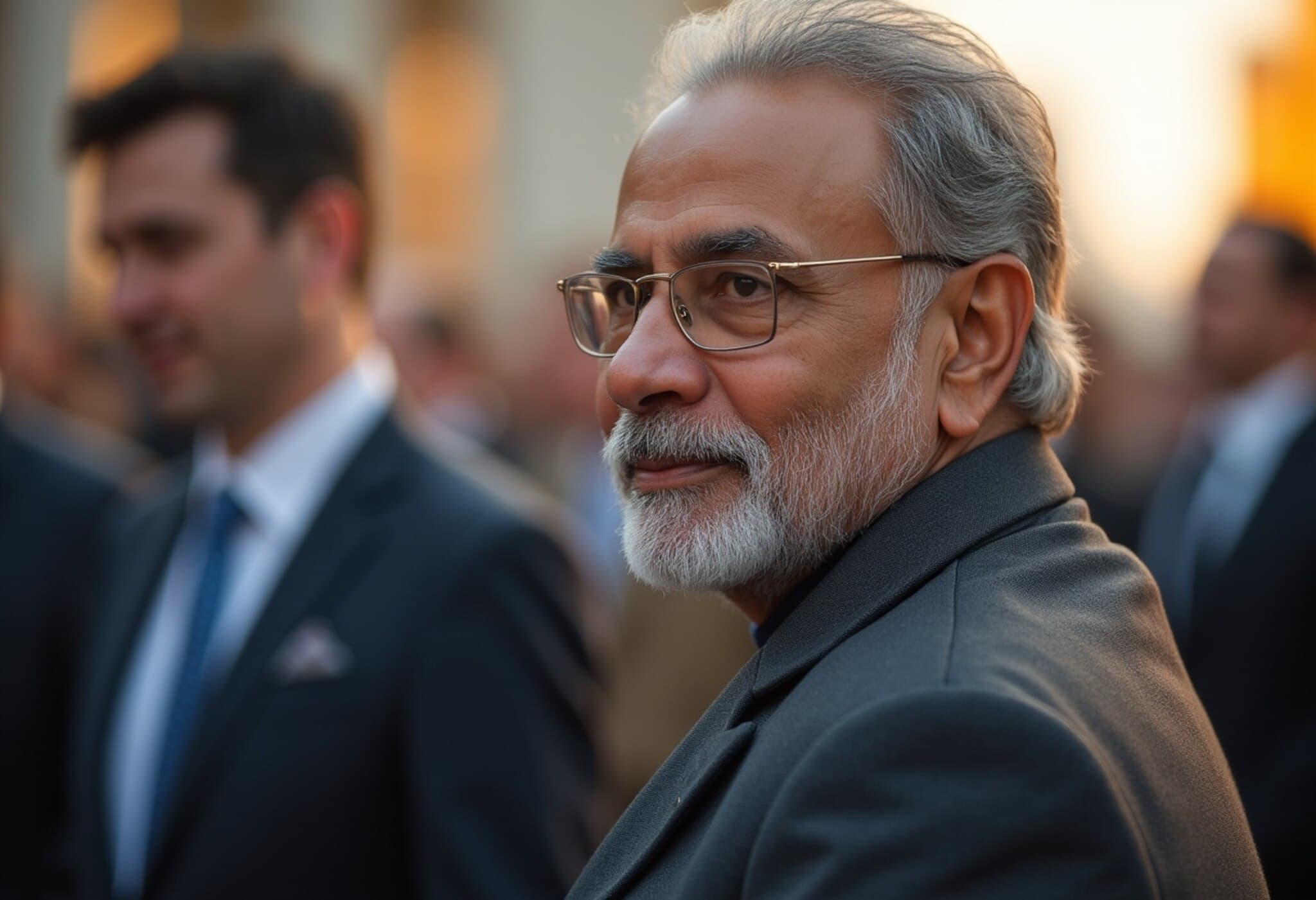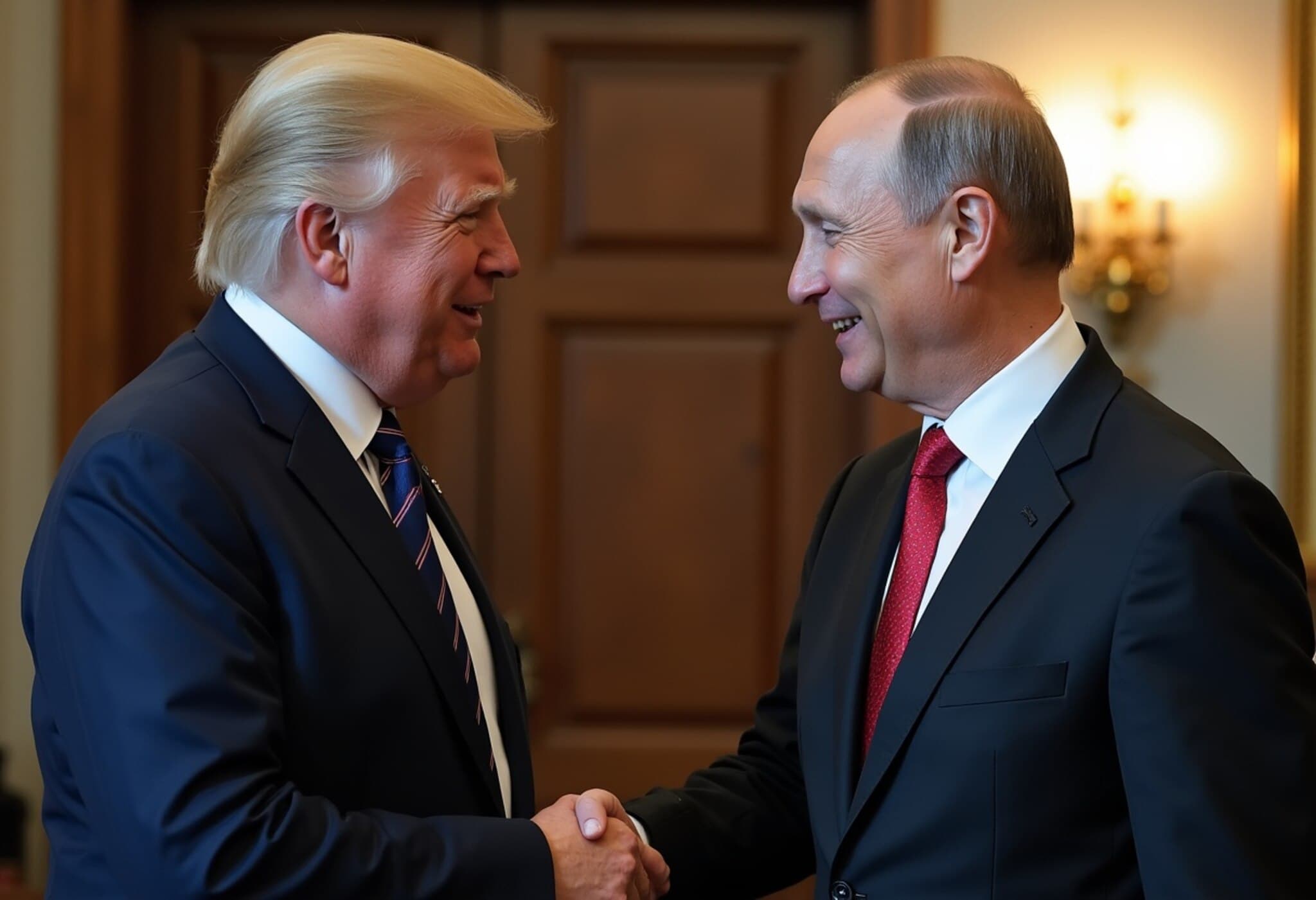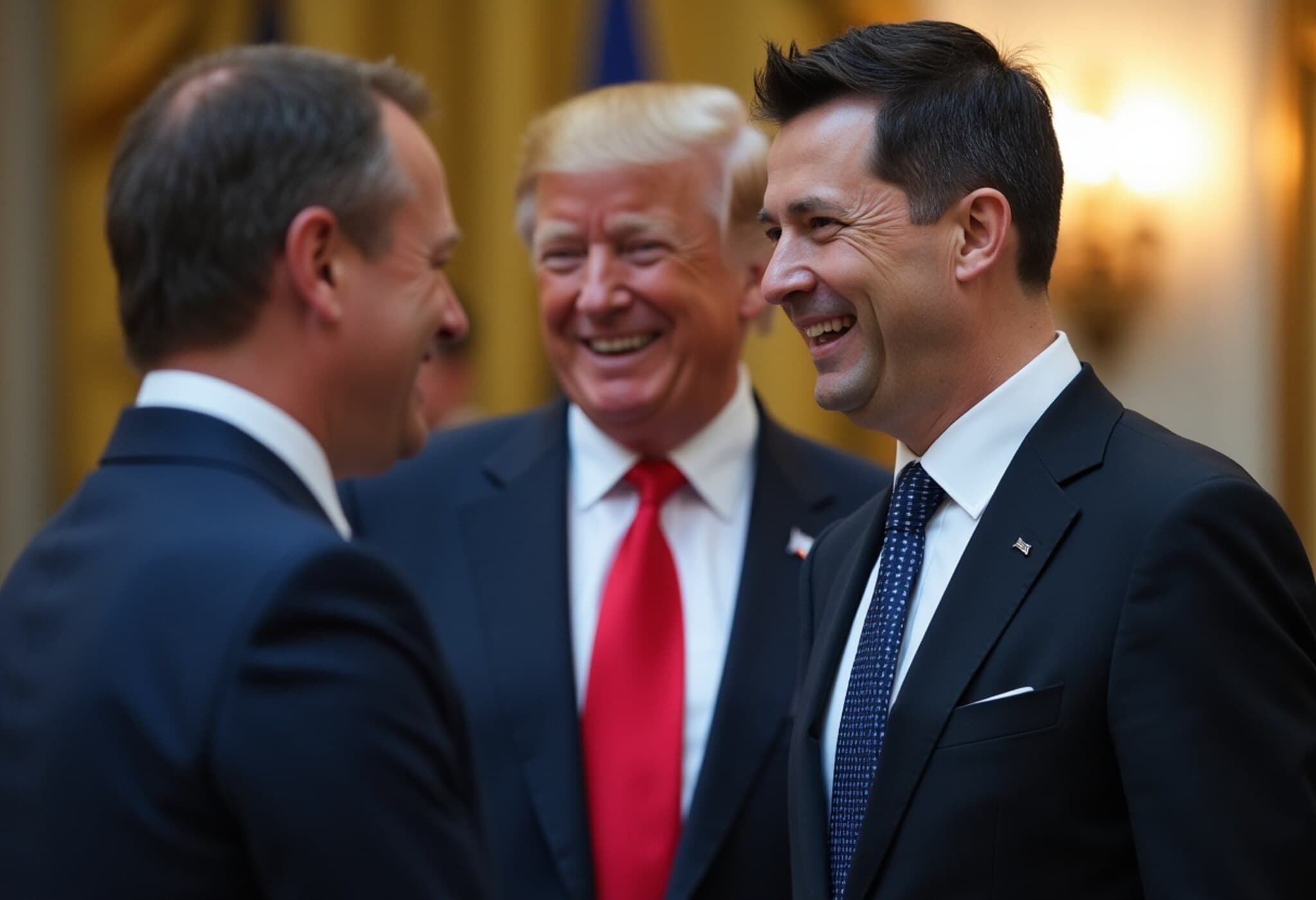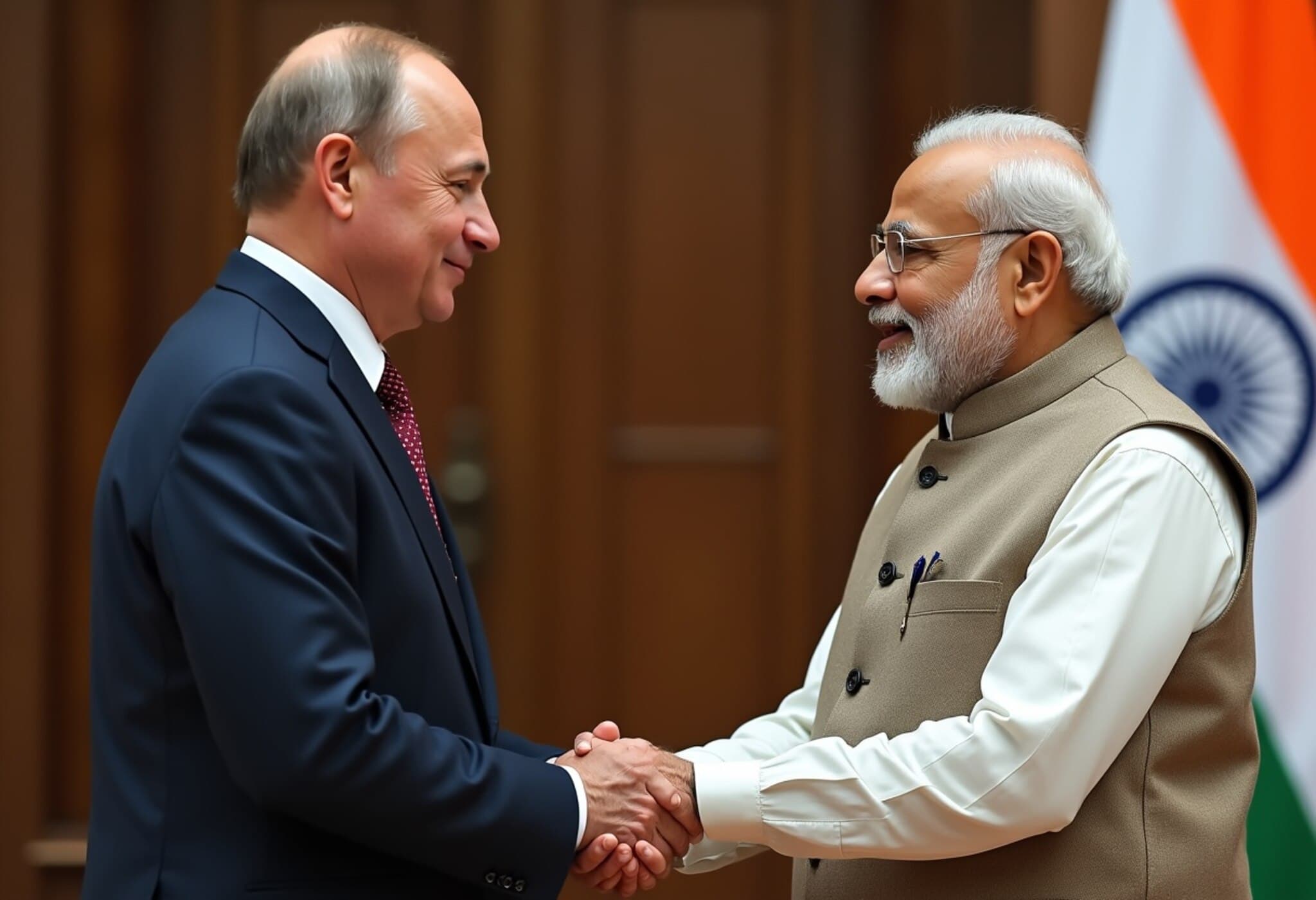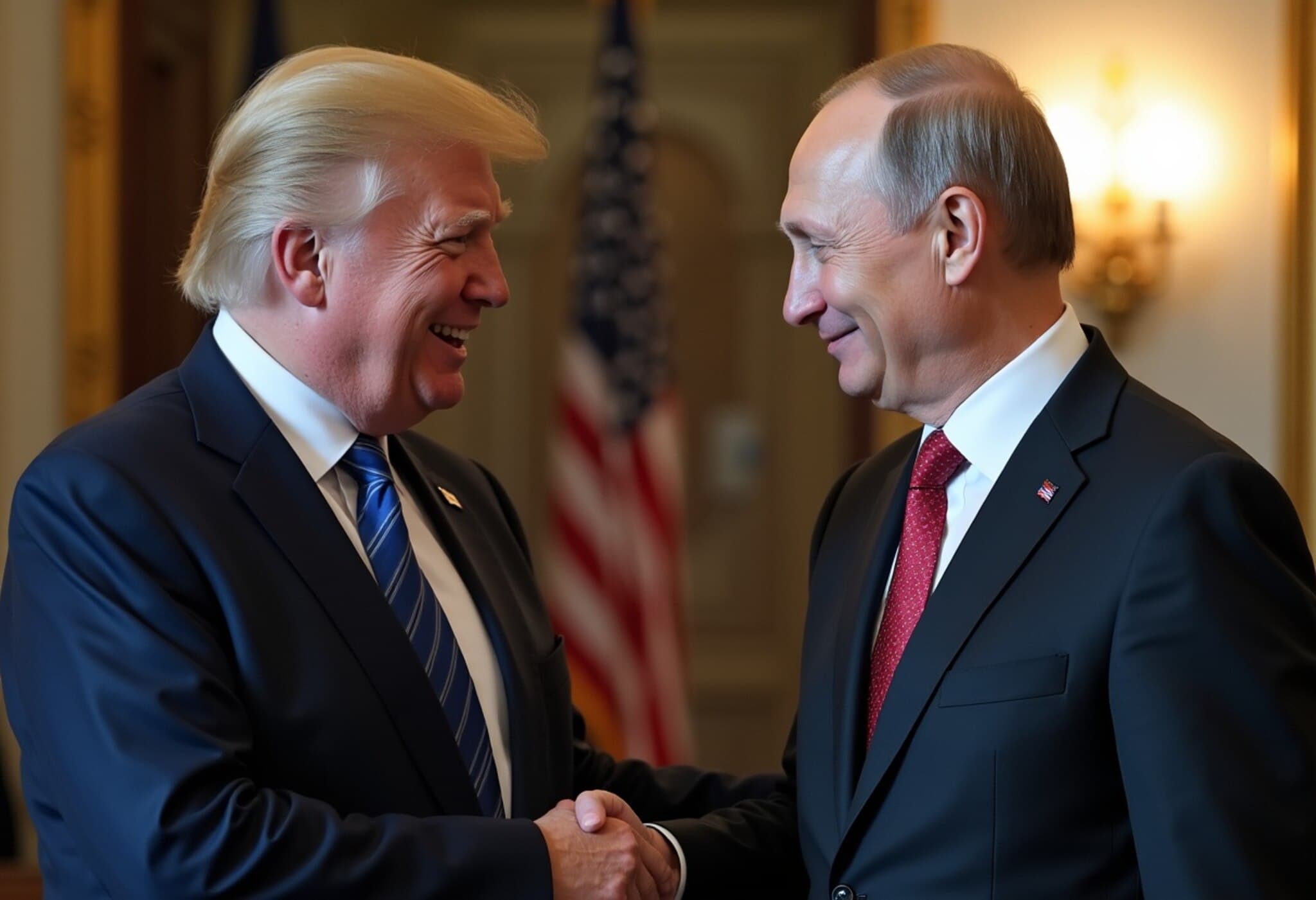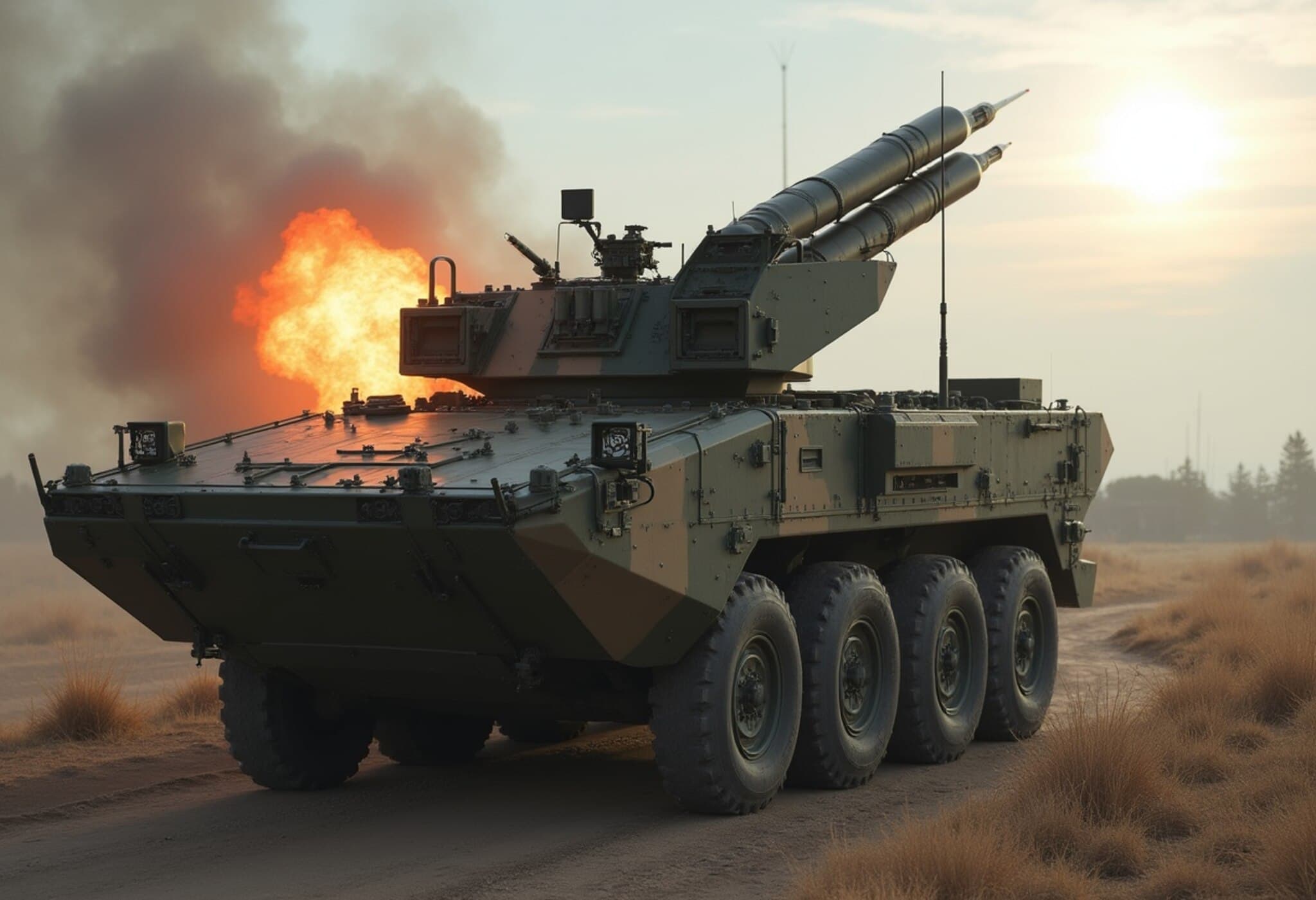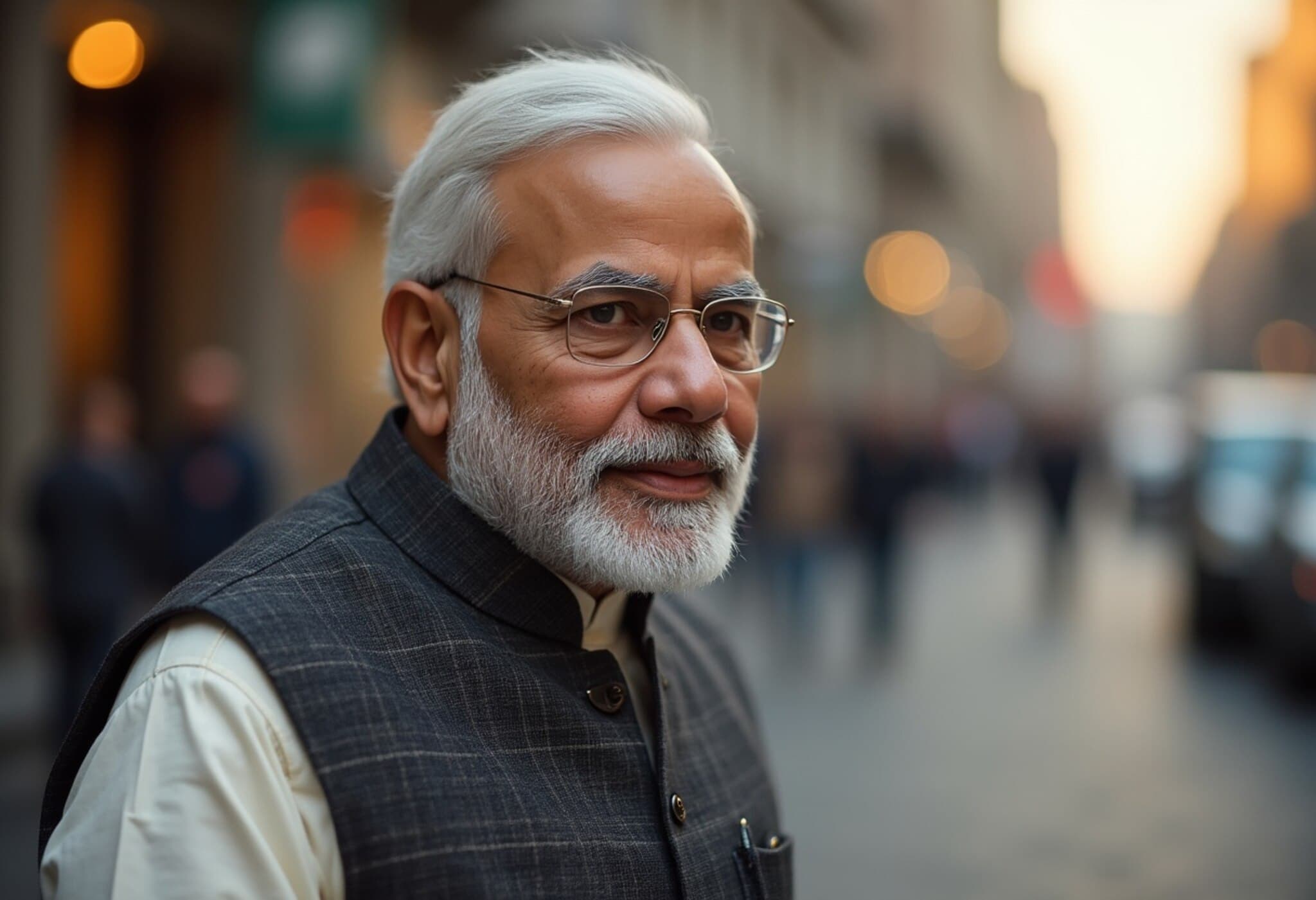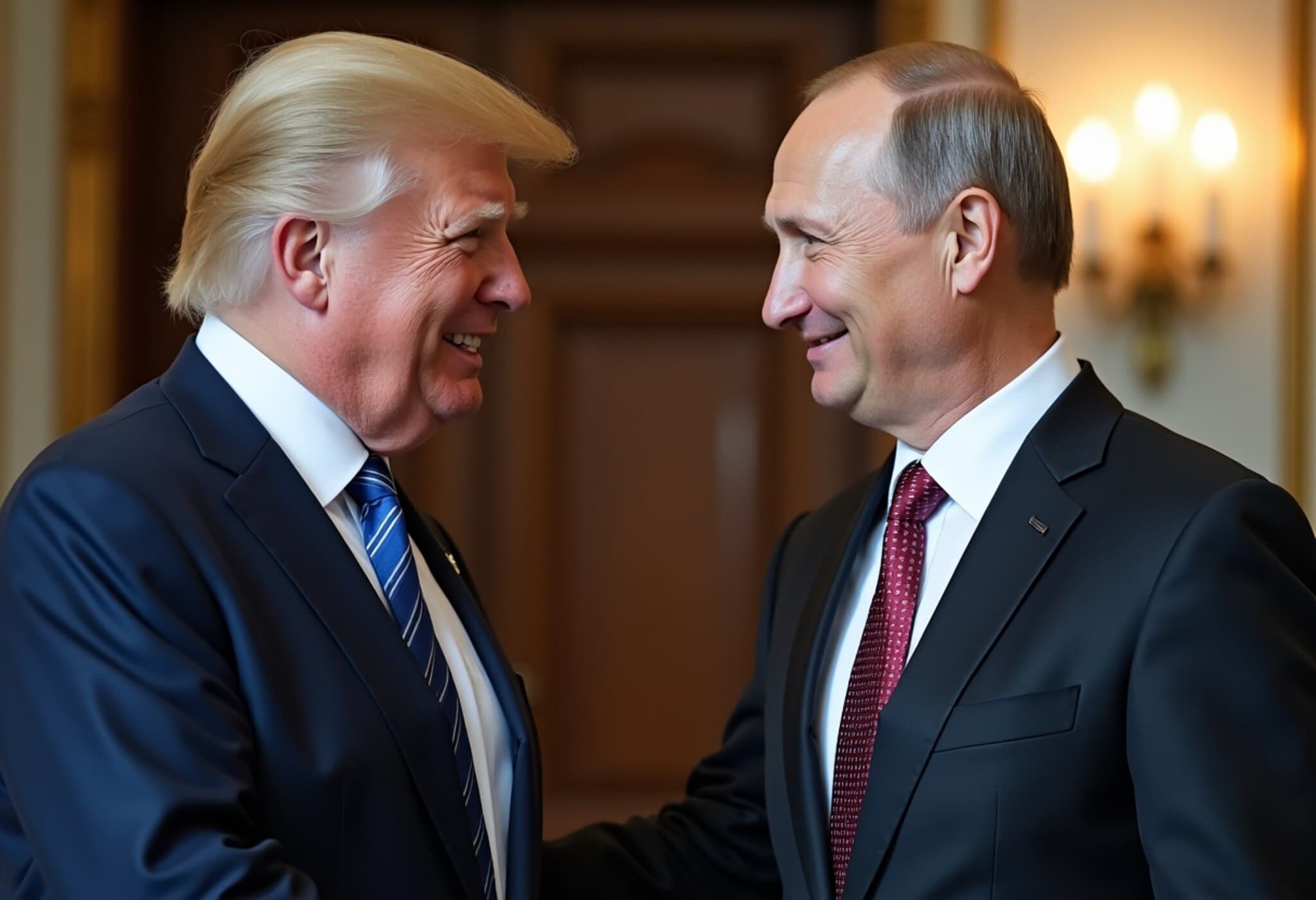Ukraine’s Independence Day Sparks Call for Peace and India’s Support
On August 24, as Ukraine commemorated its Independence Day, President Volodymyr Zelenskyy extended heartfelt thanks to Indian Prime Minister Narendra Modi for his warm greetings and underscored India's crucial role in seeking a peaceful resolution to the ongoing conflict in Ukraine. This exchange highlights the diplomatic theatre unfolding as the world watches for pathways to end the war with dignity and durable peace.
Zelenskyy’s Message: India’s Commitment to Peace and Dialogue
In a public statement, President Zelenskyy expressed appreciation for India’s steadfast policy of peace and dialogue, saying, "We count on India's contribution as the entire world strives to end this horrible war with dignity and lasting peace." Zelenskyy’s message, shared via social media, signaled Kyiv’s hopes that India leverages its growing geopolitical influence to bridge gaps amid global tensions.
Modi’s Response: Dialogue as the Path Forward
Prime Minister Modi’s response reinforced India’s longstanding position on the conflict. In his letter to Zelenskyy, Modi emphasized, "India has always stood on the side of peace," and reaffirmed India's commitment to supporting sincere efforts directed at achieving an early, abiding, and peaceful resolution through dialogue and diplomacy.
Invitation for Zelenskyy’s Visit Signals Stronger Bilateral Ties
Adding momentum to this diplomatic engagement, India's invitation for President Zelenskyy to visit the country marks a significant step towards deepening Indo-Ukrainian relations. Ukraine’s Ambassador to India, Oleksandr Polishchuk, confirmed efforts are underway to finalize a date for the visit, emphasizing that since 2023, dialogue between the two nations has intensified.
Polishchuk highlighted that India is not neutral in this conflict but is an active supporter of peace, diplomacy, and political dialogue. This nuanced stance reflects India’s complex balancing act amid its strategic ties with both Russia and Western countries.
India’s Position in the Global Context
India’s role in the Russia-Ukraine war has drawn international attention given its unique geopolitical considerations. Last year, India’s External Affairs Minister S. Jaishankar made it clear that New Delhi is not neutral but engages actively to seek peaceful solutions. He remarked,
"It is India’s view that the two sides need to engage with each other to find a solution. President Zelenskyy knows we mean well by Ukraine; we want this conflict to come to an end. If there is anything we can do in any way upfront, behind or support anybody, we are willing to do whatever we can. This conflict must end, we believe."
This policy underscores India’s commitment to constructive diplomacy despite the delicate balancing act in its foreign relations, especially vis-à-vis Russia and Western allies.
Broader Implications: Why India’s Role Matters
India’s emergence as a major global player lends significant weight to Zelenskyy’s call. With its position as a leading economy, a major arms buyer from Russia, and a democratic powerhouse advocating dialogue over conflict, India occupies a unique space capable of influencing outcomes far beyond its immediate region.
- Diplomatic leverage: India’s interactions with both Moscow and Kyiv place it in a strategic position to act as a mediator or honest broker.
- Economic influence: India’s economic heft can aid in stability and reconstruction efforts post-conflict.
- Soft power: India's emphasis on peaceful coexistence resonates globally, reinforcing international norms of conflict resolution.
However, India faces a challenge: aligning its policy of peaceful diplomacy with the realities of global power rivalries and sustaining its strategic autonomy.
Editor’s Note
The evolving dialogue between Ukraine and India sheds light on the complexities of modern diplomacy in an interconnected world. President Zelenskyy’s public appeal and India’s response reflect a shared desire to transform a brutal conflict through dialogue and cooperation. Yet, questions remain about the tangible impact of India’s diplomatic balancing act—can it truly shift the dynamics on the ground in Ukraine? As global powers reevaluate alliances and priorities, India’s role could be pivotal in shaping a durable peace, but this requires consistent, transparent action backed by international collaboration.
Readers should watch closely how this relationship unfolds and consider how non-Western powers like India might redefine conflict resolution in the 21st century.

